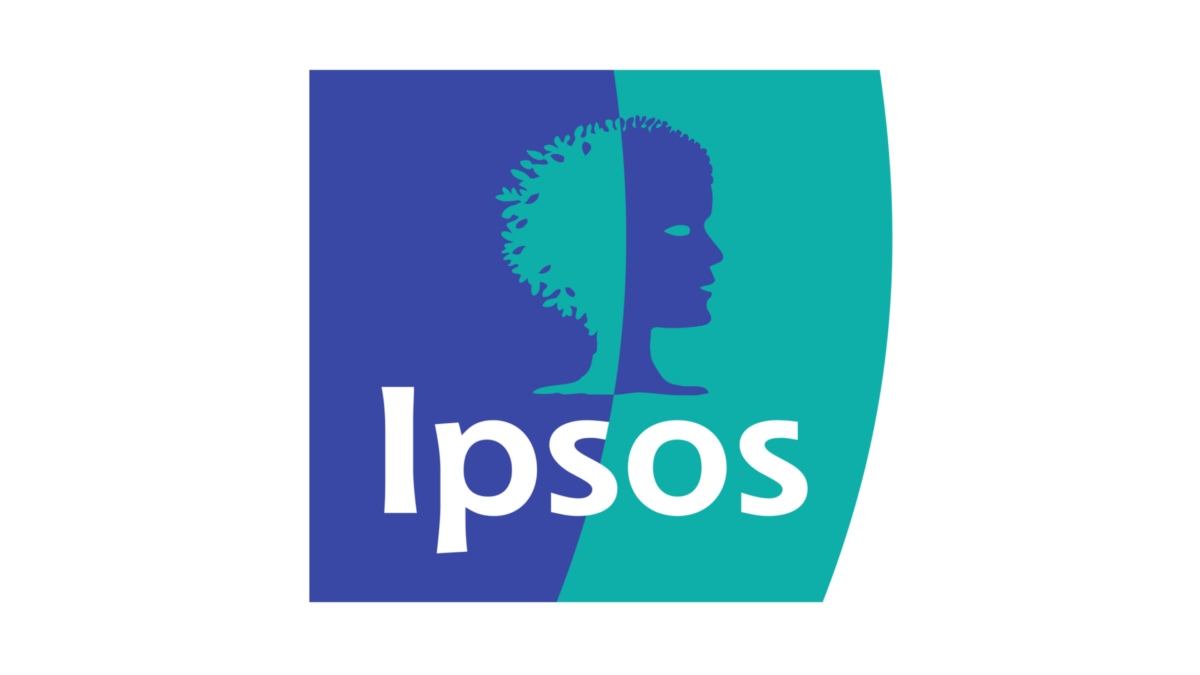In today's digital landscape, having a well-defined social media content strategy is essential for businesses to establish a strong online presence, engage with their audience, and achieve their marketing goals. A carefully crafted strategy ensures that your social media efforts align with your brand identity, target audience, and overall marketing objectives. In this article, we will delve into the importance of a social media content strategy and provide actionable tips to help you develop an effective plan.
The Importance of a Social Media Content Strategy
Having a well-defined social media content strategy is crucial for achieving success in your online presence. Let's explore the significance of this strategy in more detail:
1. Consistent Brand Identity
A social media content strategy plays a key role in maintaining a consistent brand identity across various platforms. It ensures that your messaging, tone of voice, and visuals all align with your brand values and resonate with your target audience. Consistency in branding builds trust and familiarity among your followers, strengthening your overall brand image. By establishing guidelines for content creation, scheduling, and publishing, you can maintain a cohesive and recognisable brand identity throughout your social media channels.

2. Targeted Audience Engagement
A well-defined content strategy allows you to tailor your content to the preferences, interests, and needs of your target audience. Through thorough audience research and analysis, you can gain valuable insights into their demographics, behaviours, and preferences. This information empowers you to create targeted content that captivates and engages your audience effectively. By understanding their pain points, desires, and motivations, you can deliver valuable and relevant content that resonates, increasing the chances of building a loyal and active community around your brand.
3. Goal-oriented Approach
A content strategy helps you set clear goals and objectives for your social media presence. Whether your aim is to increase brand awareness, drive website traffic, generate leads, or foster customer loyalty, your strategy enables you to align your content creation efforts with specific outcomes. By defining key performance indicators (KPIs) and metrics to measure your progress, you can track the effectiveness of your social media activities and make data-driven decisions. This goal-oriented approach allows for better measurement, evaluation, and optimisation of your social media performance over time.

4. Efficient Resource Allocation
Developing a content strategy ensures that your resources, such as time, budget, and manpower, are allocated efficiently. By identifying the platforms that best reach your target audience and focusing on creating high-quality content for those platforms, you can optimise your resources and maximise your impact. Rather than spreading yourself thin across numerous social media channels, a strategic approach allows you to concentrate your efforts where they will yield the most significant results. This not only saves you time and effort but also allows you to allocate your resources effectively and achieve a higher return on investment (ROI).

Developing an Effective Social Media Content Strategy
Creating an effective social media content strategy requires careful planning and consideration.
1. Define Your Objectives
To begin, clearly define your social media objectives. Are you aiming to increase brand awareness, drive website traffic, generate leads, promote product launches, or provide customer support? Each objective requires a different content approach, so identify your primary goals before proceeding. Having well-defined objectives will guide your content creation and ensure that your efforts are aligned with your overall business goals.

2. Know Your Audience
Understanding your target audience is essential for crafting content that resonates with them. Conduct thorough research to determine their demographics, interests, online behaviour, and preferred social media platforms. This knowledge will help you tailor your content to their preferences and create meaningful connections. By speaking directly to your audience's needs and interests, you can capture their attention and foster engagement.
3. Create a Content Calendar
Developing a content calendar is a crucial step in organising and planning your social media posts. Outline the topics, themes, and formats for each post, ensuring they align with your objectives and resonate with your audience. A content calendar provides a clear roadmap for your content creation efforts, allowing you to maintain consistency and avoid last-minute scrambling. It also enables you to schedule posts in advance, ensuring a steady stream of content.

4. Diversify Your Content
Experiment with different types of content to keep your audience engaged and interested. Incorporate a variety of formats, such as images, videos, infographics, blog posts, polls, quizzes, and user-generated content. This diversity allows you to convey your messages in different ways and cater to different preferences. Remember to strike a balance between promotional content and informative or entertaining posts to provide value to your audience.
5. Maintain a Consistent Brand Voice
Developing a distinct brand voice is crucial for building brand recognition and fostering a sense of authenticity. Define your brand's personality and ensure that your content reflects it consistently across your social media channels. Consistency in tone, language, and style helps your audience recognise and connect with your brand, enhancing trust and loyalty.

6. Engage and Interact
Social media is a two-way communication channel, so actively engage with your audience. Respond to comments, messages, and mentions promptly, showing that you value their input. Encourage engagement by asking questions, running contests, and soliciting feedback. Actively participating in conversations and acknowledging your audience's contributions strengthens the relationship between your brand and your followers.
7. Analyse and Refine
Regularly analyse your social media metrics to assess the performance of your content strategy. Look at engagement metrics, reach, impressions, click-through rates, and conversions to understand what content resonates the most with your audience. Identify the platforms that yield the highest engagement and the best times to post. Use these insights to refine your strategy and optimise your future content. Continuously monitoring and adapting your strategy based on data-driven insights will lead to continuous improvement and better results.

Conclusion
A well-executed social media content strategy is a powerful tool for businesses to establish a strong online presence, engage with their target audience, and achieve their marketing objectives. By defining clear goals, understanding your audience, and creating valuable and consistent content, you can build a thriving social media community and strengthen your brand's influence. Remember to stay adaptable, monitor performance, and refine your strategy based on audience feedback and industry trends. With a strategic approach to social media content, you can make a lasting impact and drive business success in the digital era.

Social Status is a leading marketing agency based in Melbourne, Australia. The agency specialises in social media marketing and digital strategy, offering a full range of services designed to help businesses succeed in the online marketplace. With a focus on innovation, creativity, and results, Social Status has established a reputation as one of the top social media marketing agencies in Melbourne. They are dedicated to helping businesses thrive in the ever-evolving digital landscape and achieve success in their online marketing efforts.








